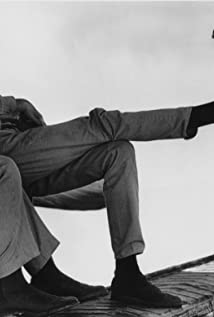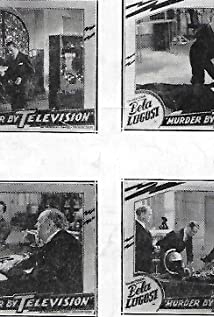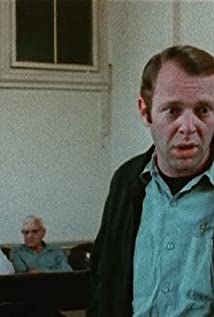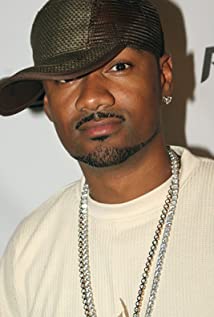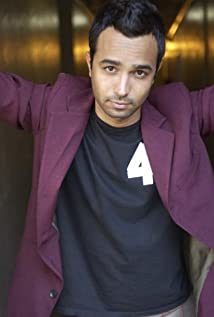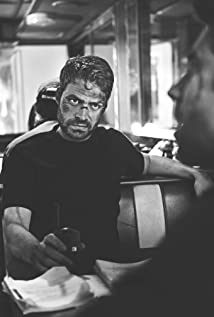In 1952, along with his brother, william, and a mutual friend from law school, he became a founding partner of the Cincinnati law firm Keating, Muething & Keating. Beginning in the late 1950s they took on Carl Lindner, Jr. as a client. Lindner was rapidly accumulating ice cream stores, supermarkets, real estate, and savings and loans, and soon essentially became Keating's sole client. In 1956, he filed requests for Q clearances on behalf of a small company of former Los Alamos Scientific Laboratory Scientists with an office in Newtown, Ohio; unknown to Keating, the FBI suspected the application was fraudulent and launched an investigation of him, but no charges were made. Keating was admitted to the U.S. Supreme Court bar in 1958.






